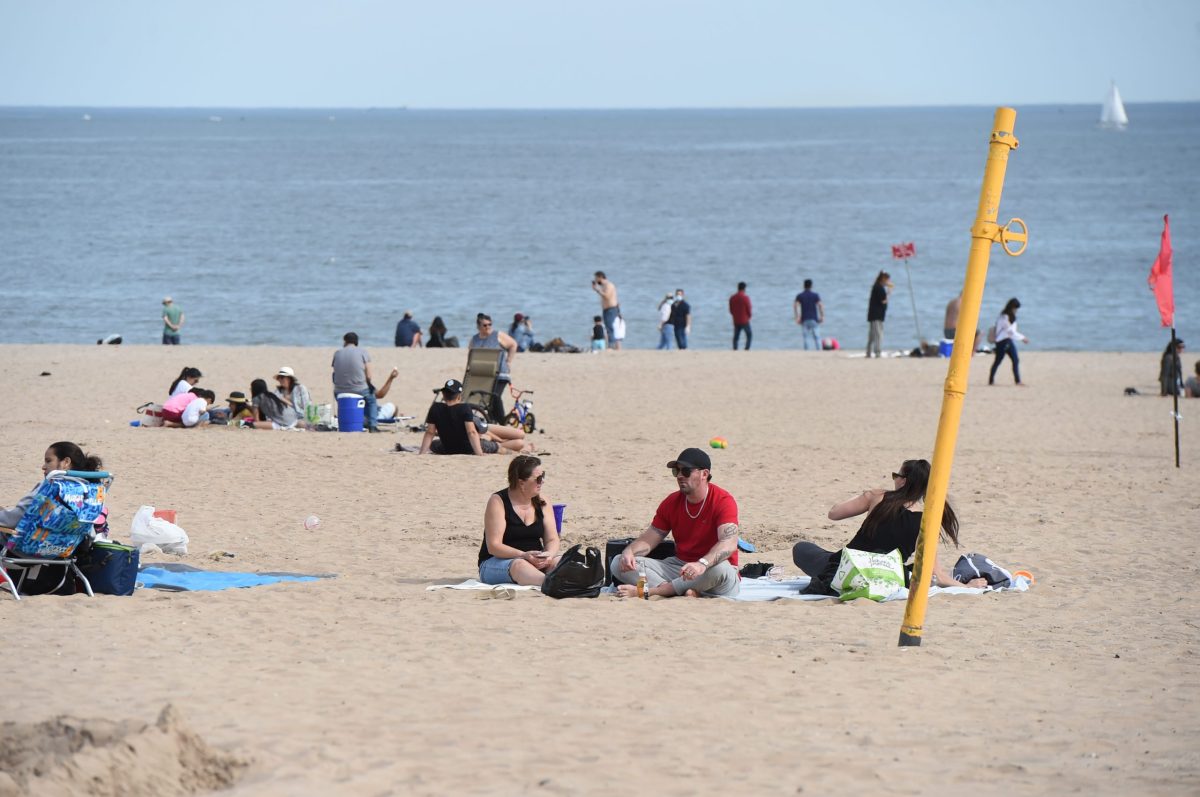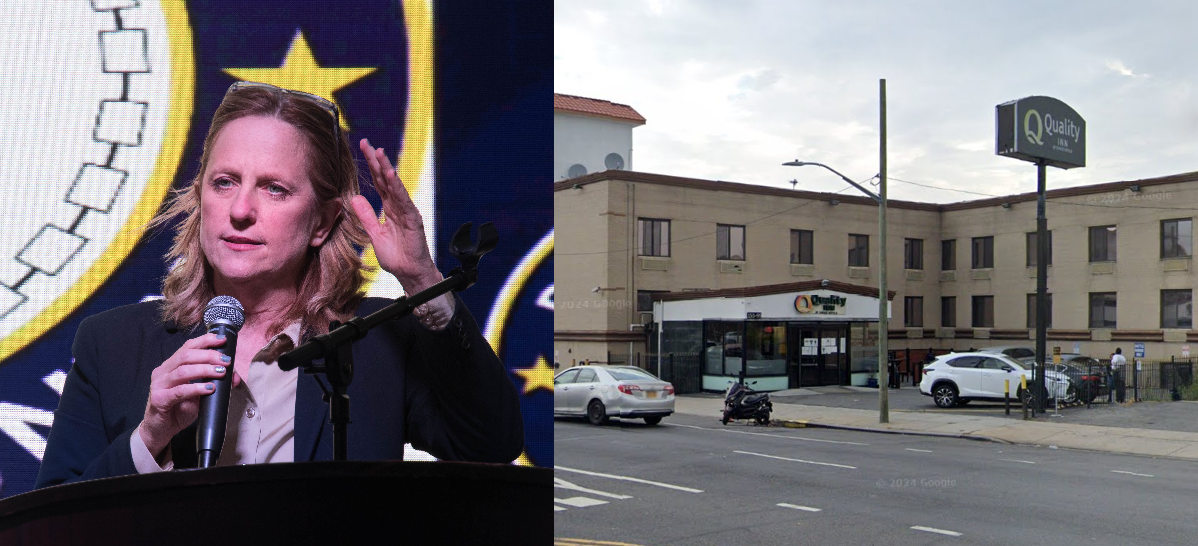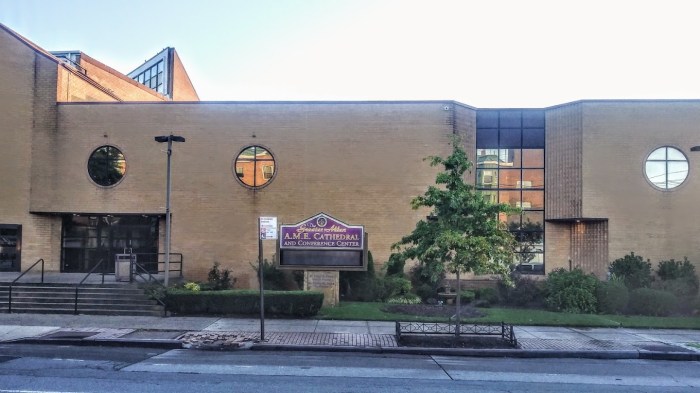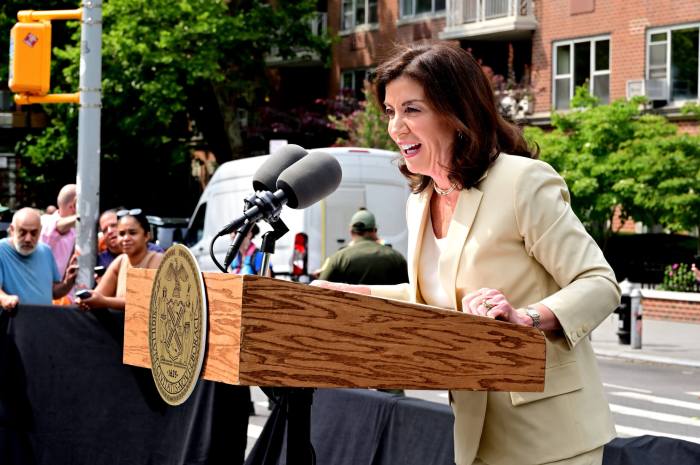There’s a great scene in the classic horror film “Jaws” where the town mayor is trying to convince the chief not to close the beaches in the middle of summer due to a shark attack.
“You yell ‘barracuda,’ and everybody says, ‘Huh? What?’” the mayor tells the chief. “You yell ‘shark,’ we’ve got a panic on our hands on the Fourth of July.”
Here in New York, amid our own panic, Memorial Day — the unofficial start to summer — is approaching. No New Yorker wants to be stuck in a stuffy home or apartment all season long. We want to go out and get some fresh air — and there’s no better place to do that than the many amazing beaches we have in Brooklyn, Queens, the Bronx, and Staten Island.
The problem this year, however, is COVID-19, and the ease in which it passes from one person to another.
We’ve struggled for nearly three months now trying to get it under control, and we’re finally on a slow, steady decline in infections. Yet New York State is still losing more than 100 people to this illness every day.
If you’ve ever been to Coney Island on a hot Saturday in July and encountered the throngs of people on the sand and the boardwalk, you can imagine the nightmare health officials can visualize with a highly contagious virus like COVID-19 thrown into the mix.
Even so, Governor Andrew Cuomo announced Friday that the state beaches would reopen for Memorial Day weekend, under strict crowd limitations. Local governments were left to make their own decisions for their own beaches, and Mayor Bill de Blasio made his Sunday: The city’s beaches will remain closed to everyone except those who want to take a seaside stroll.
De Blasio made the right call for New York City. The virus is still too prevalent here, and even if half-capacity limits and tough-to-enforce mask requirements are imposed, there’s still a great risk of beach congregations spurring a second massive wave of coronavirus cases that would put us right back where we started in the crisis.
The beaches should open here this summer. Hopefully, by late June, the numbers will have dropped to the point where that will be possible.
But if we open up too soon, we will indeed have something worse than “a panic on our hands on the Fourth of July.”



































